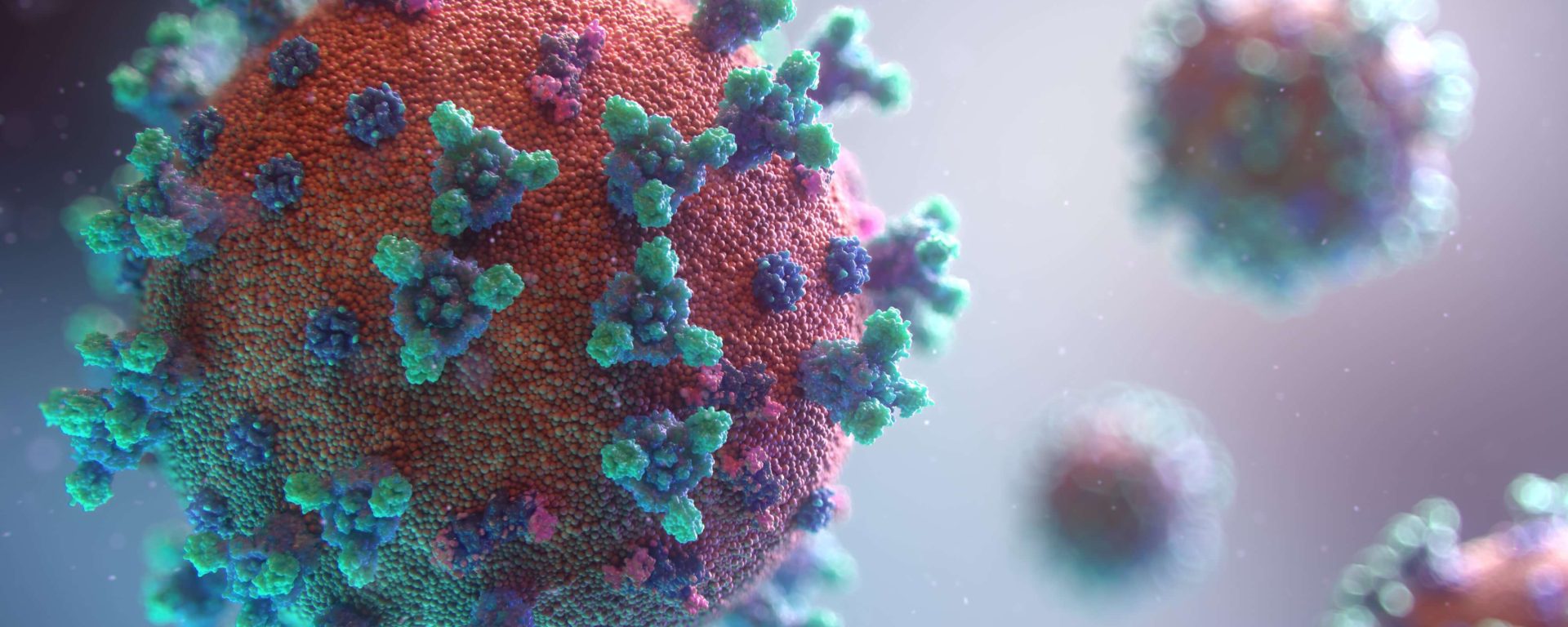Epidemiologists are public health professionals that contribute to the well-being of communities and make an immense impact on the health of populations.
If you are considering a career in epidemiology, you may be wondering, what exactly does an epidemiologist do?
Read this guide to discover the:
- Typical epidemiologist duties
- Various work environments for epidemiologists
- Epidemiologist career outlook and compensation
- Education requirements for epidemiologists
- Epidemiologist skills for success
Epidemiologist Job Duties
Epidemiologists are responsible for uncovering the cause—and containing the spread—of infectious diseases, outbreak patterns, and other public health concerns.
Epidemiologists collect data, perform extensive research to reduce population health risks, communicate research conclusions, educate communities, and create reports so government officials can enhance public health policy.
Other job duties for an epidemiologist may include:
- Collaborating with colleagues, doctors, health departments, and researchers
- Collecting disease-related data and conducting biological, economic, or social field research through observation, questionnaires, and studies
- Designing and evaluating health status questionnaires, public health sample selections, and public health study practices
- Directing healthcare programs
- Establishing standards for products, practices, and processes
- Examining how diseases and infections affect the environment
- Identifying groups at risk, symptoms, exposure location, and transmission timeline
- Improving existing public health policies and prevention plans
- Preparing data reports and presentations for government administrators and scientific research facilities
- Remaining cognizant of current advancements, discoveries, and trends in technology
- Standardizing drug dosages, immunization methods, and manufacturing procedures
- Studying the short and long-term effects of drugs on patients
- Supervising a public health team — hiring, training, directing, and evaluating job performances
- Writing research project proposals and preparing requests for funding
Epidemiologist Work Environments
Between emergency management, healthcare administration, public health education, and more, epidemiologists have abundant career opportunities.
Epidemiologists usually work in an office or laboratory setting, examining data or defining the parameters of a research study. Although not typical, some public health professionals may work in the field teaching populations, administering surveys, tracking diseases in communities, or creating emergency responses to significant outbreaks.
Epidemiologists are often employed by municipal and state health departments, as well as federal government agencies such as the Center for Disease Control (CDC), the Department of Health and Human Services (DHHS), the National Institutes of Health (NIH), and the World Health Organization (WHO).
Additionally, clinics, hospitals, mental health facilities, and nursing homes hire epidemiologists to address public health problems (directly and indirectly) through management positions. Colleges and universities employ epidemiologists to conduct vital public health research.
Epidemiologists mainly work in the public health or research sector. However, epidemiologists can also analyze and study the prevention of cross-species diseases in livestock or issues in animal populations for purposes of veterinary health. Less commonly, epidemiologists may also work for private industries, researching on behalf of health insurance and pharmaceutical companies.
Epidemiologist Career Outlook and Compensation
Employment for epidemiologists is projected to grow 26% from 2021 to 2031, with 800 new job openings each year over the decade, according to the United States Bureau of Labor Statistics (BLS).
The BLS also reports that the national median wage for epidemiologists in 2021 was a notable $78,830 per year. However, earning potential varies by state. In Connecticut, epidemiologists made an average annual wage of $102,820 in 2021.
Education Requirements for Epidemiologists
Epidemiologists need at least a Master’s degree in Public Health (MPH) from an accredited institution to enter the profession. Such programs require MPH students to complete an internship, also known as applied practical learning, prior to graduation.
Goodwin University’s equitable MPH program, for example, prepares current and emerging leaders with the comprehension and transferrable skills needed for advanced public health administration, advocacy, and policy roles. Convenient and career-focused, Goodwin University does not require GRE or GMAT scores to apply to the MPH program, and the institution even offers a 12 to 15-month accelerated option.
Flexible in format, Goodwin’s engaging Master’s in Public Health curriculum is also offered entirely online. In the program, learners can choose between three concentrations: community health, global health, or health and policy management. Core MPH classes include content in epidemiology as well as biostatistics, emergency management, environmental health, public health policy, research methods, social and behavioral aspects of health, and more.
Essential Skills for Epidemiologist Success
The following are four fundamental skills needed to succeed and meet the standards of the epidemiologist job description.
- Analytical — sound reasoning and research skills are used to interpret information and produce data-driven decisions
- Collaboration & Communication — interpersonal skills and writing inform and influence complex public health policies and progressions
- Detail-Oriented and Organized — accuracy, preparedness, and structure are pivotal in public health
- Leadership — counseling, educating, serving, and strengthening communities
The field of public health makes a profound difference in how we live our lives. Epidemiologists, in particular, are passionate about their work and dedicated to preventing infectious diseases, improving health policies, and positively impacting community populations.
Are you interested in caring for the well-being of communities? Learn more about meaningful Master’s in Public Health career options!
Goodwin University is a nonprofit institution of higher education and is accredited by the New England Commission of Higher Education (NECHE), formerly known as the New England Association of Schools and Colleges (NEASC). Goodwin University was founded in 1999, with the goal of serving a diverse student population with career-focused degree programs that lead to strong employment outcomes.

